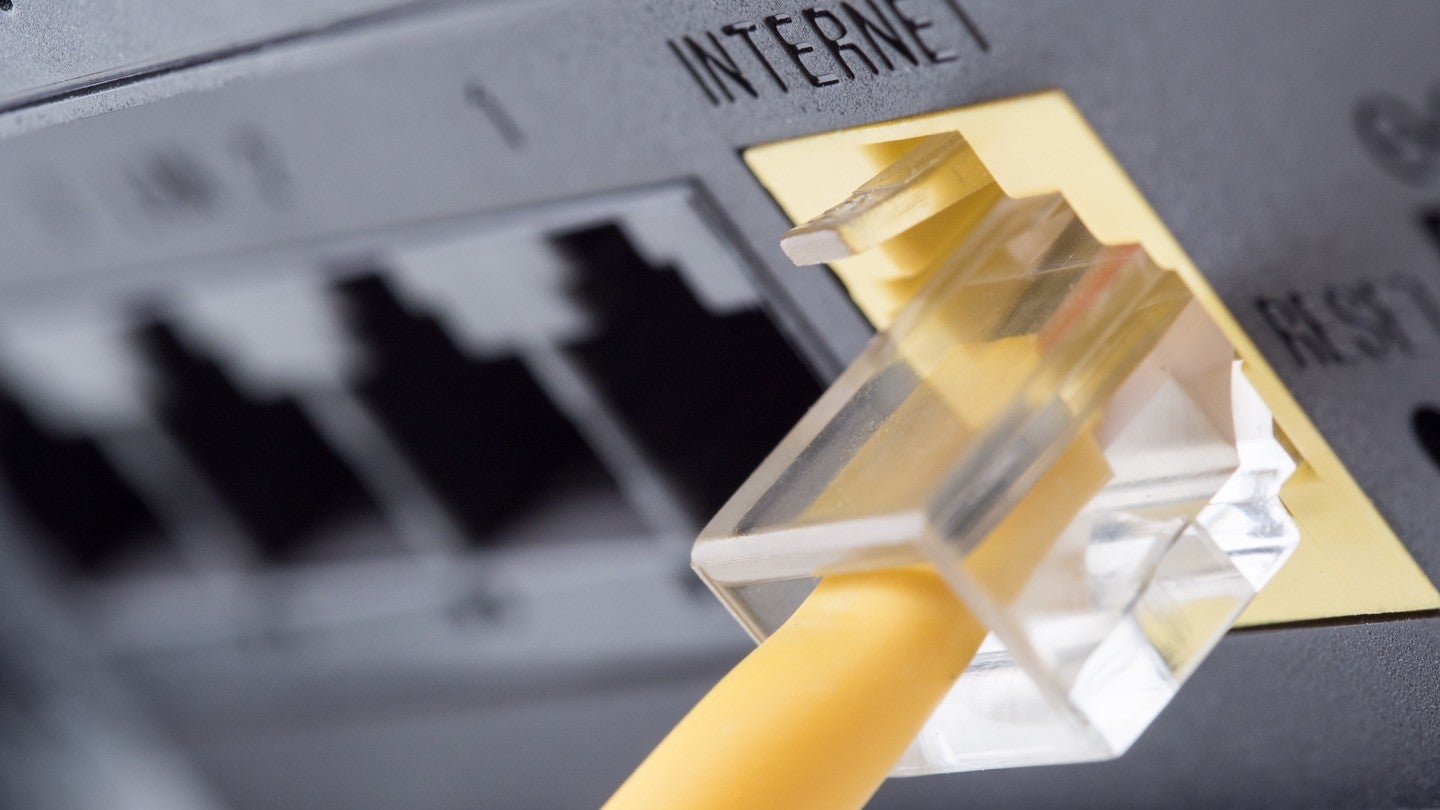Getting your home network set up sounds easy in theory, but it’s also easy to get confused. Sometimes it seems like you need a glossary to be able to understand what should be basic instructions.
Of those terms, we come across gateways, modems and routers. You know you need these pieces of hardware to connect to the internet — but you’re not exactly sure why or which option is best for you.
We’ll take a look at what a gateway is, how it’s different from a modem or router, and whether it’s better to use a separate modem and router or a combined gateway.
What is a modem?
A modem, or modulator-demodulator, is a physical device that connects a device to the internet via a broadband connection. It receives signals from the internet service provider (ISP) and sends them to the device. A modem can only connect to one device at a time — in many cases, this is the router.
What is a router?
A router is a physical device that connects the modem to all of the network-connected devices like computers, phones, smart TVs and home cameras. Sometimes routers connect via a cable to the modem, while others are completely wireless — most, however, offer both options.
What is a gateway?
A gateway is a router-modem combo, sometimes called a gateway router or a gateway modem (or even gateway modem router). Essentially, it combines the two in a single physical piece of hardware. This consolidates your technology so it takes up less space and requires fewer messy cables. Many ISPs offer new customers the option to lease or buy a gateway directly from them at signup.
Gateway vs. router and modem
The main difference between a router and gateway and a gateway vs. modem is what you can physically see: Instead of requiring two boxes to set up a home network, you only need one when you use a gateway. Using separate devices or a single gateway each comes with its own set of pros and cons.
Separate modem and router
-
More settings and customization options
-
Easier to upgrade your home network
-
More affordable to replace when no longer usable
-
Improved security features (WPA3 encryption, firewalls, VPN)
-
Two pieces of hardware can be bulky and take up a lot of space
-
Requires multiple outlets and lots of cables and wires
-
More involved setup and installation process
Gateway
-
Requires less space, a single outlet and has fewer messy cables
-
Streamlined troubleshooting with a single company, instead of ping-ponging between two
-
Simpler and easier setup
-
Typically comes from your ISP, so it will include customer support
-
Difficult to upgrade
-
Difficult to diagnose and repair
-
More costly to replace than an individual modem or router
-
Comparatively limited security features
Is it better to use a separate modem & router?
Overall, the pros typically outweigh the cons when separating your modem and router. You have more customization options and flexibility. However, if it’s convenience you’re after, you can opt for a gateway from your ISP.
Finding the right internet plan
It’s critical to ensure your home network has the right speeds and security measures to serve you and your family, so use your address to find the plans specifically available for you. Keep connected with our Resource Center for more information about how to make the most of Wi-Fi at home.
Written by:
Robin LaytonEditor, Broadband Content
Robin Layton is an editor for the broadband marketplace Allconnect. She built her internet industry expertise writing and editing for four years on the site, as well as on Allconnect’s sister site MYMOVE.com. …
Read more

Edited by:
Camryn Smith-
Featured
![The best Wi-Fi routers of 2024]() The best Wi-Fi routers of 2024 Camryn Smith — 7 min read
The best Wi-Fi routers of 2024 Camryn Smith — 7 min read -
Featured
![Common reasons your Wi-Fi is not working]() Common reasons your Wi-Fi is not working Camryn Smith — 6 min read
Common reasons your Wi-Fi is not working Camryn Smith — 6 min read -
Featured
![How often should you reboot your modem and router?]() How often should you reboot your modem and router? Lisa Iscrupe — 3 min read
How often should you reboot your modem and router? Lisa Iscrupe — 3 min read
Latest
-
Wednesday, April 24, 2024
Why do you need an Optical Terminal Network?Taylor Gadsden — 2 min read
-
Tuesday, April 23, 2024
Worried about losing your TV signal? This is how to keep your satellite dish cleanDavid Anders — 6 min read
-
Tuesday, April 23, 2024
How to change your Wi-Fi network passwordCamryn Smith — 2 min read






